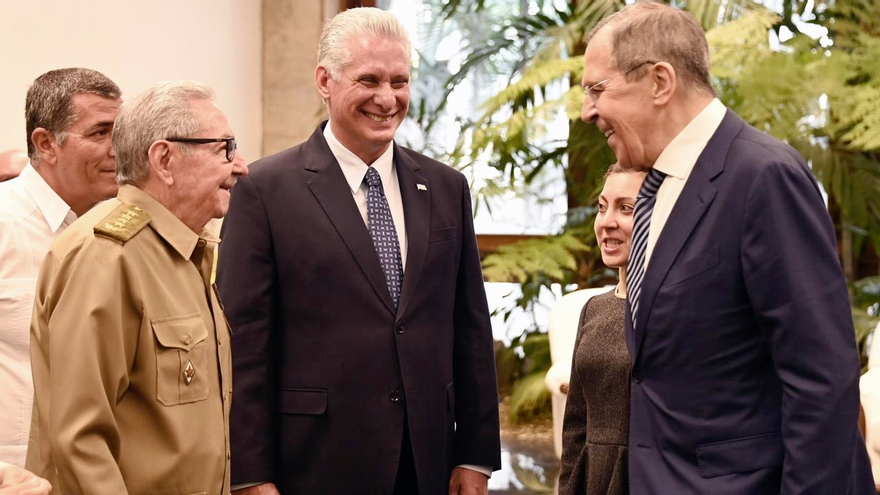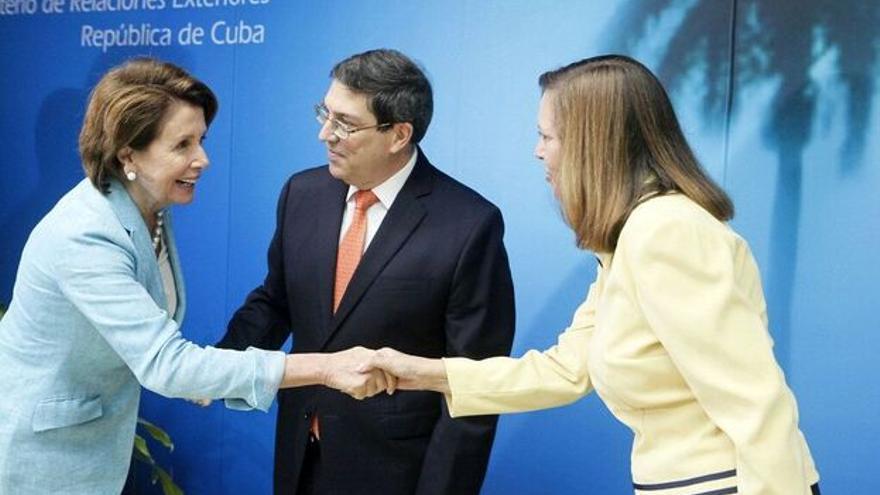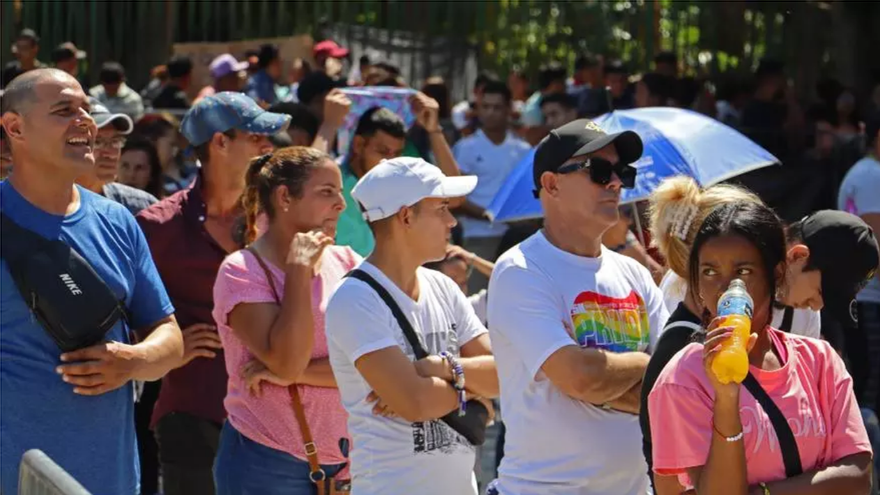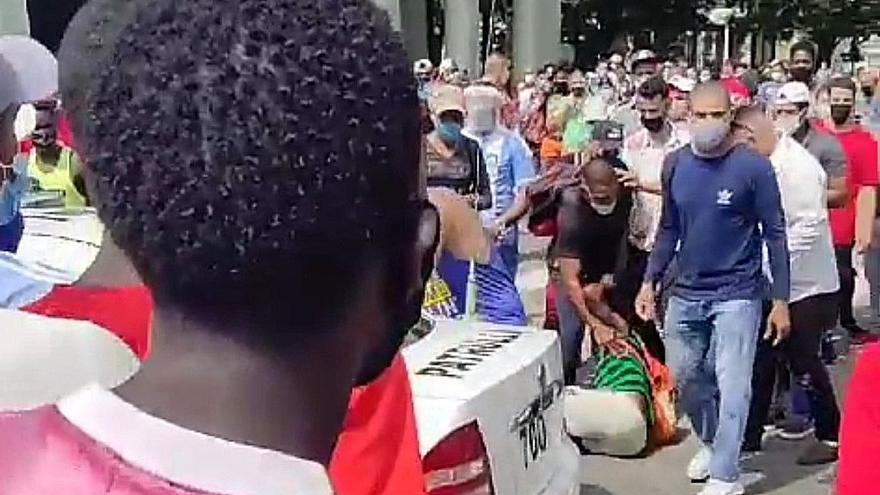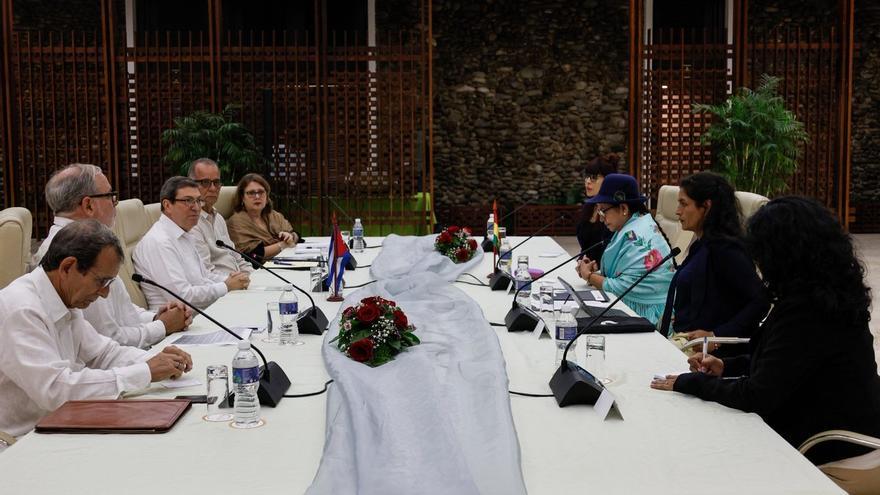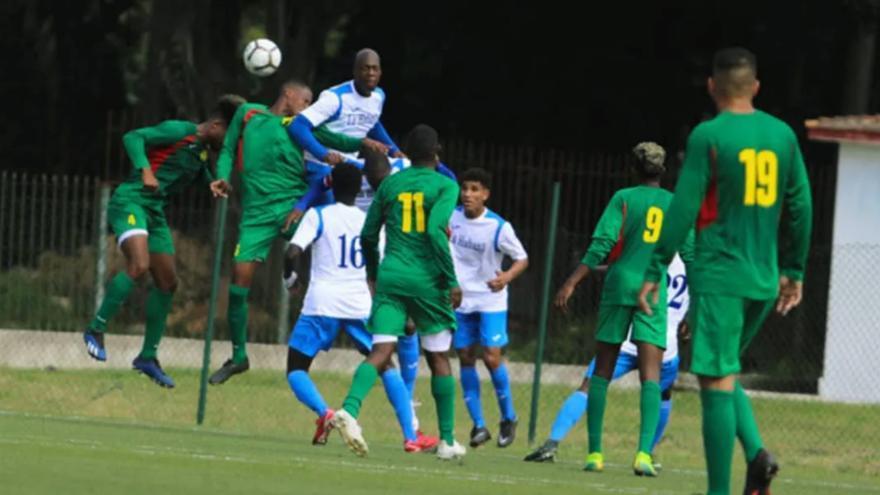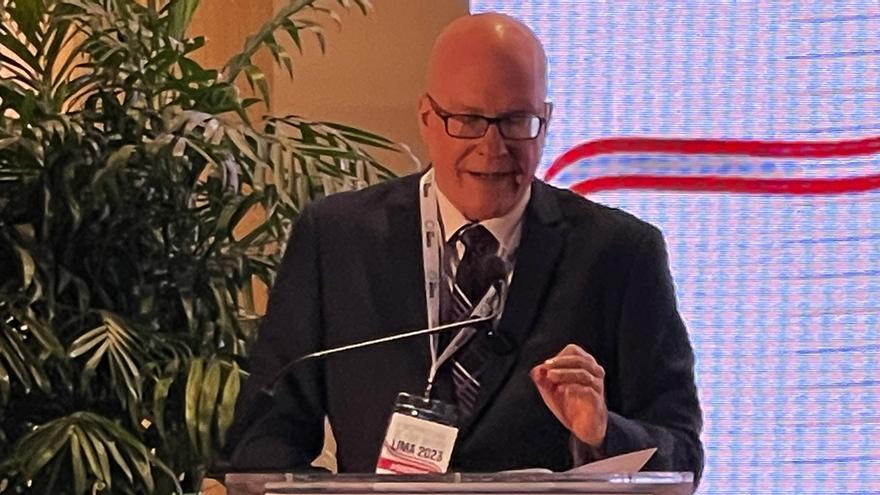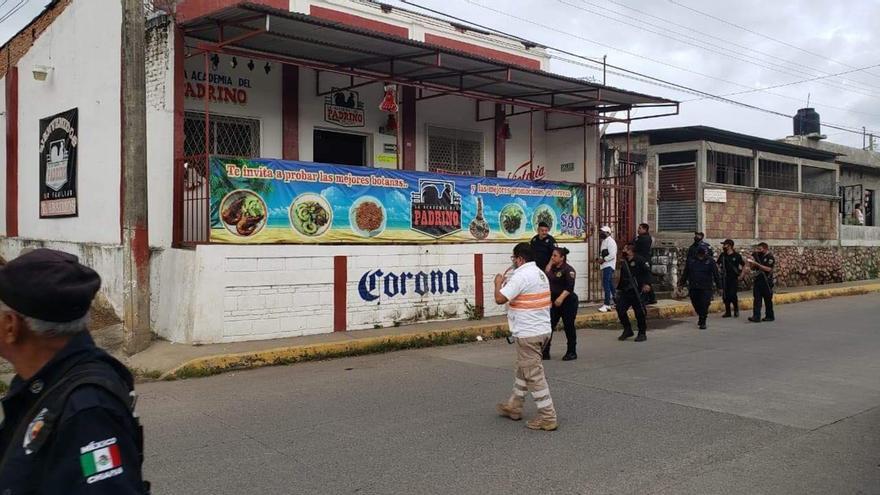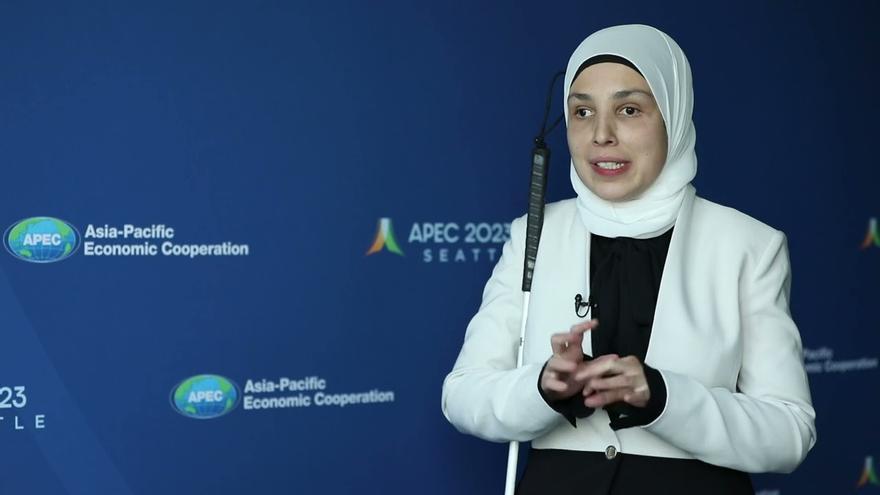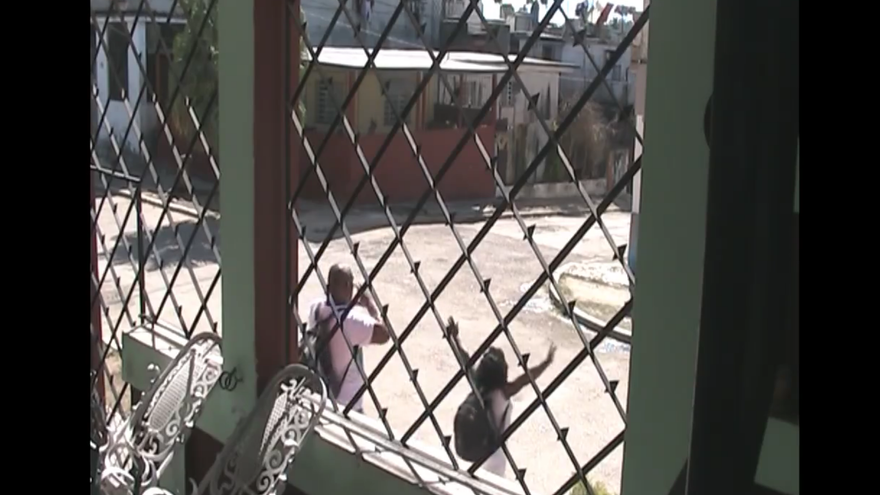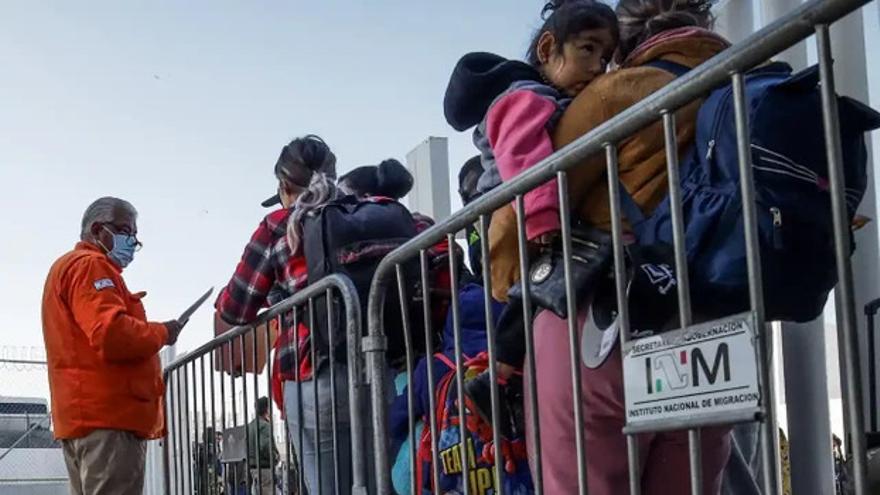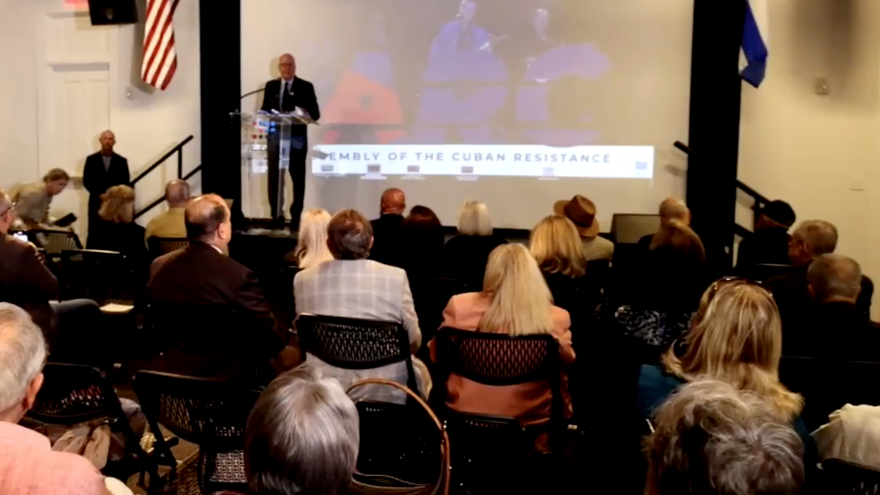
![]() EFE/14ymedio, Havana, 9 March 2024 — Last year Cuba tripled the number of people convicted of femicides compared to the 2022 record, going from 18 to 61 rulings, according to official data released this Friday.
EFE/14ymedio, Havana, 9 March 2024 — Last year Cuba tripled the number of people convicted of femicides compared to the 2022 record, going from 18 to 61 rulings, according to official data released this Friday.
The president of the country, Miguel Díaz-Canel, announced the 2023 figure at the closing of the Congress of the Federation of Cuban Women, an official social organization of the Communist Party of Cuba. Díaz-Canel also stated that 93% of the sentences were for more than 20 years in prison, and in five cases the penalty was life imprisonment.
The Cuban Government does not offer updated statistics on femicides. For their part, the independent feminist platforms Yo Sí Te Creo and Alas Tensas reported, in their annual dossier also presented this Friday, a total of 89 femicides, more than double those recorded the previous year.
Of these, three cases were not considered femicides by this newspaper: that of a girl mistreated by her stepfather and her own mother; an assault on the street; and a woman killed by “gynecolo-obstetric violence.” On the other hand, 14ymedio did consider the death of Miriam Isern Mompié, not continue reading
“We can categorically state here that this is a media construction completely unrelated to Cuban reality,” Díaz-Canel said.
Despite recognizing that cases of gender violence on the Island “appear with an unfortunate frequency,” Díaz-Canel argued that the “enemies of the Revolution,” whom he did not name, “have a tendency to handle (the figures) conveniently.”
“The subversive anti-Cuban platforms try to impose a pattern of ’femicide’ in Cuba, a term that indicates alleged state inaction in the face of violent acts on the basis of gender. We can categorically state that this is a media construction completely alien to the Cuban reality,” he said.
Regardless of whether or not there is state inaction, the Cuban Government differentiates between female deaths and femicide, a distinction not widespread in Spanish-speaking countries.
Independent feminist groups in Cuba, however, have sometimes denounced state inaction. In two of the twelve femicides that they have verified so far in 2024, they say that the aggressors had a history of violence.
In two of the events documented by these platforms in 2023, the victim had already warned on social networks that she feared for her life
In addition, in two of the events documented by these platforms in 2023, the victim had already warned on social networks that she feared for her life. And in another case the alleged killer – 50 years old – murdered his partner – a minor – inside a police station.
The Attorney General’s Office acknowledged that at the end of October 2023, 117 crimes against women had been recorded on the Island. This data, published in state media, did not specify the exact period in which those events were counted, nor if they included cases in the process of investigation and already sentenced.
The average profile of a victim of femicides in Cuba in 2023 – elaborated based on the information of Alas Tensas and Yo Sí Te Creo – is that of a 37-year-old woman, with at least one minor in her care, who was murdered by her ex-partner.
Translated by Regina Anavy
___________________
COLLABORATE WITH OUR WORK: The 14ymedio team is committed to practicing serious journalism that reflects Cuba’s reality in all its depth. Thank you for joining us on this long journey. We invite you to continue supporting us by becoming a member of 14ymedio now. Together we can continue transforming journalism in Cuba.


